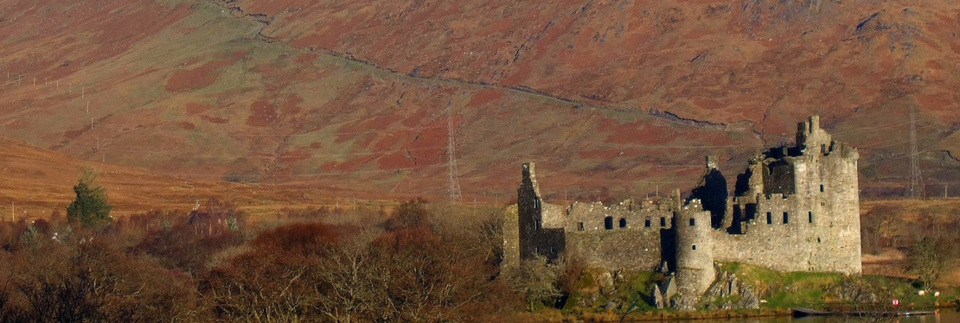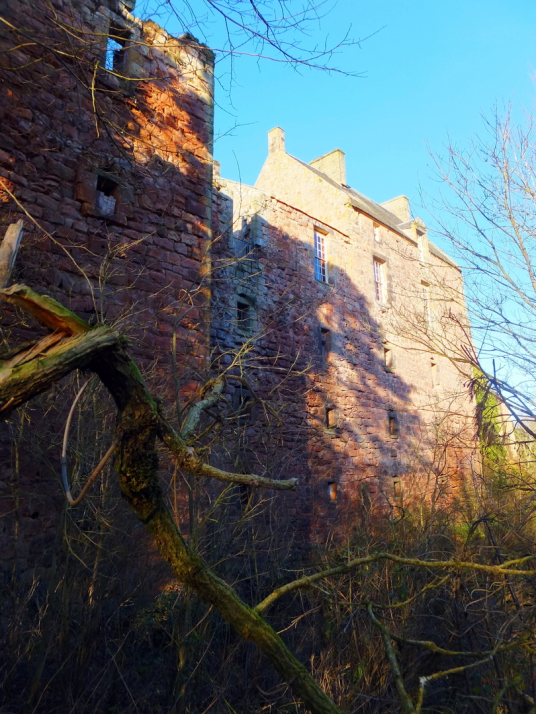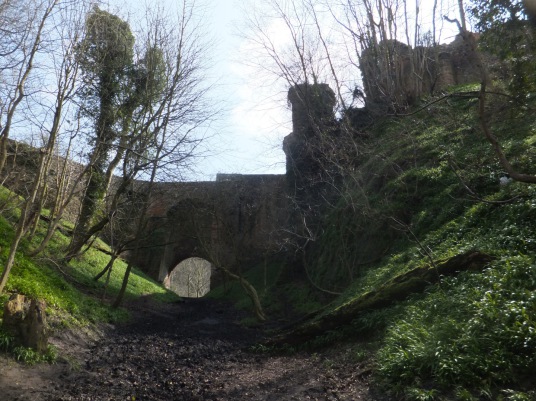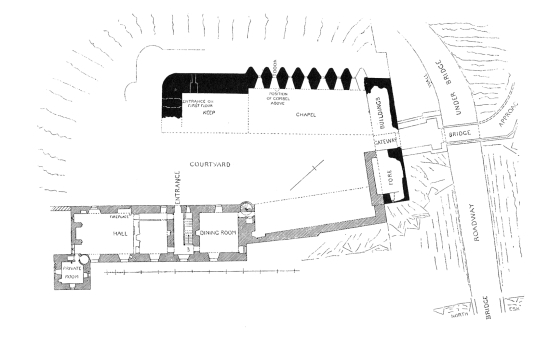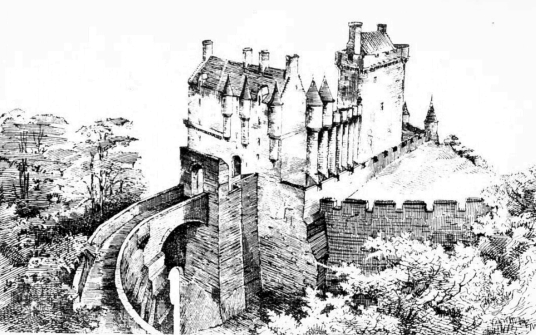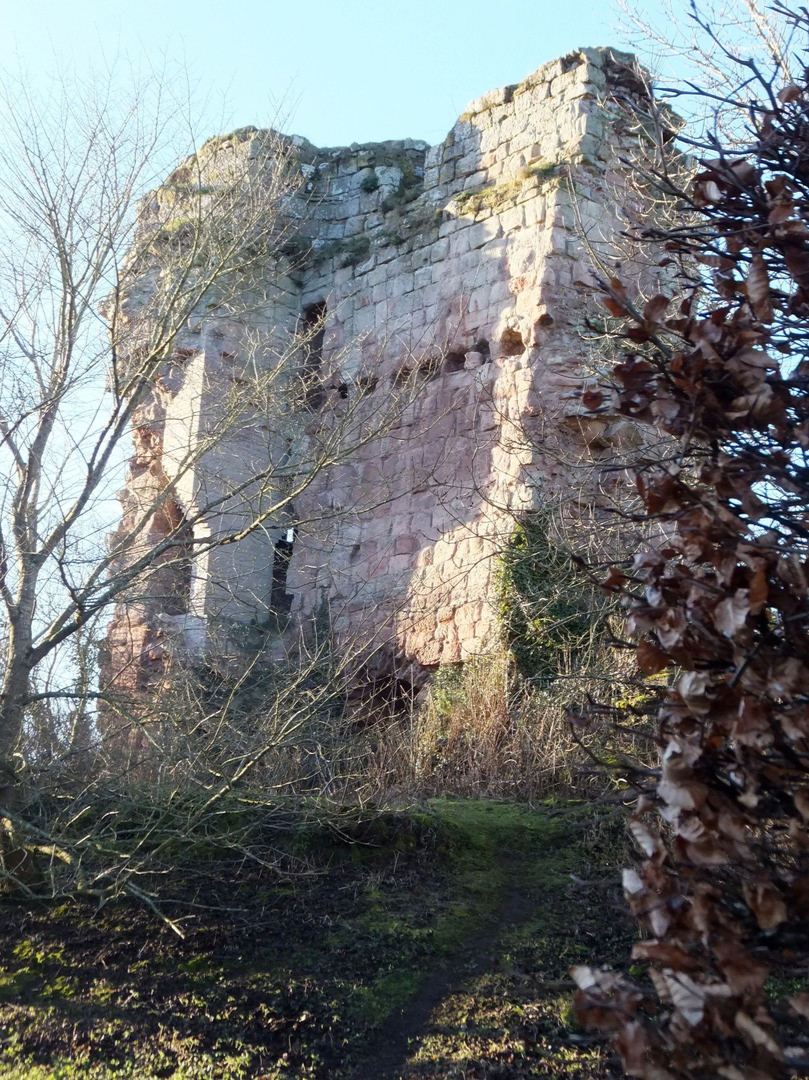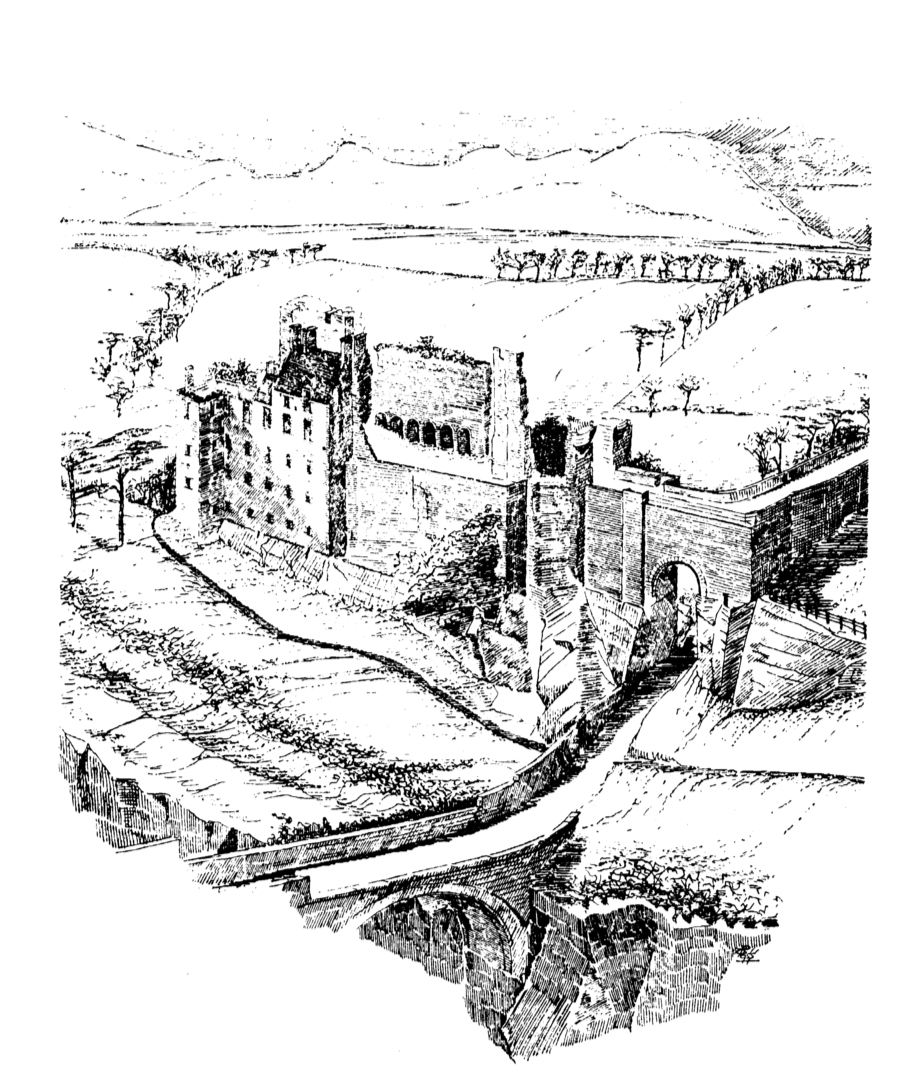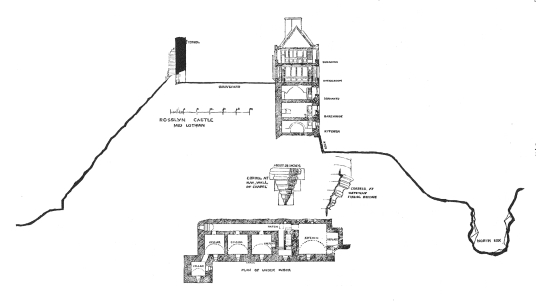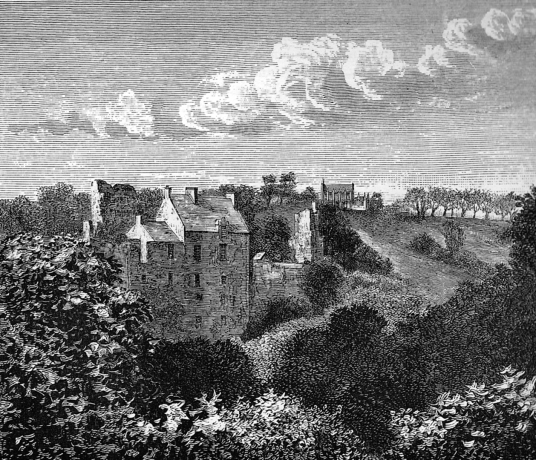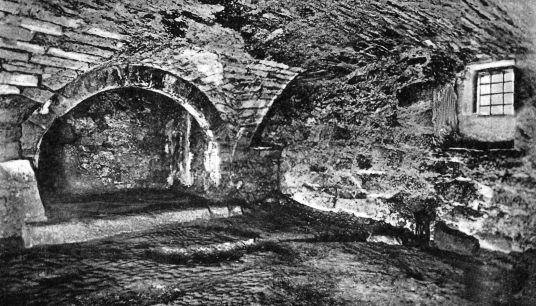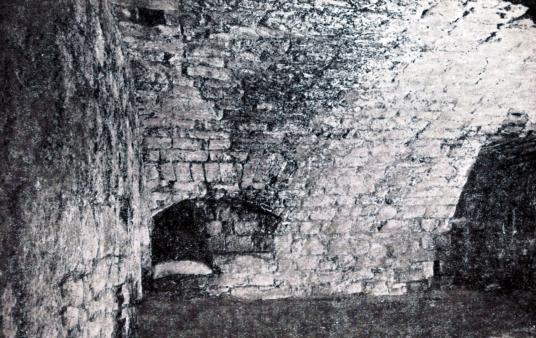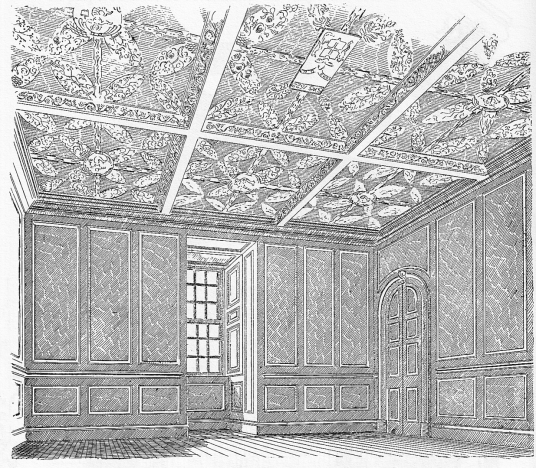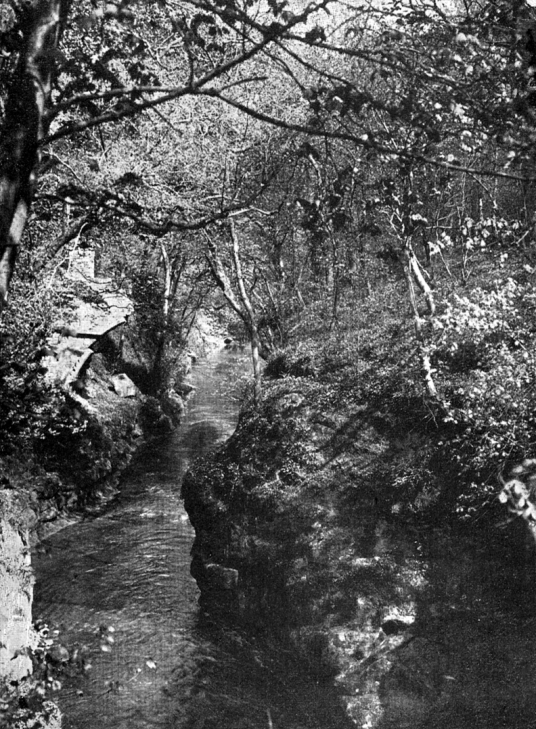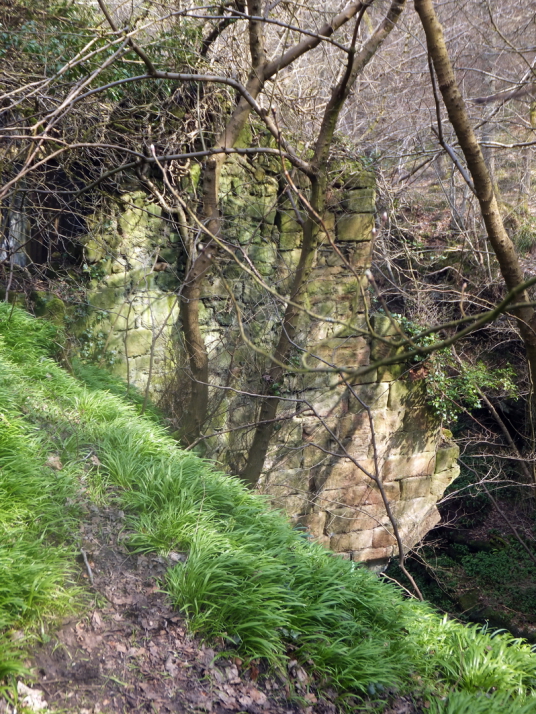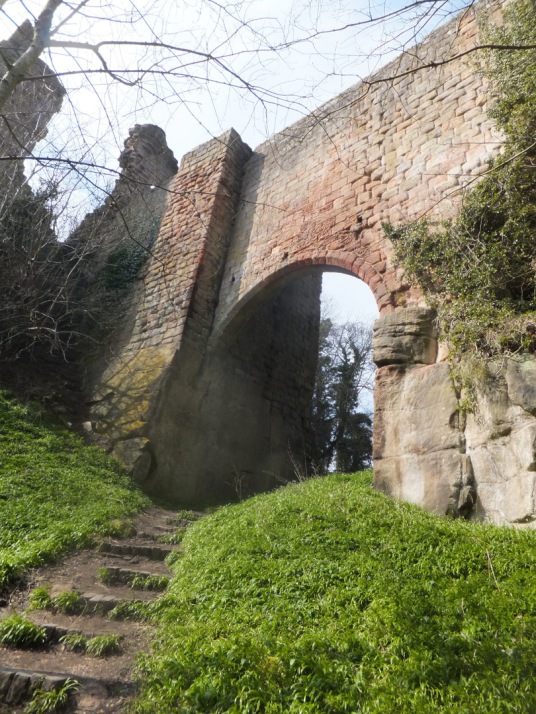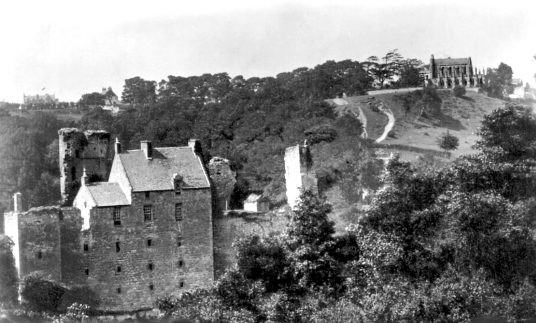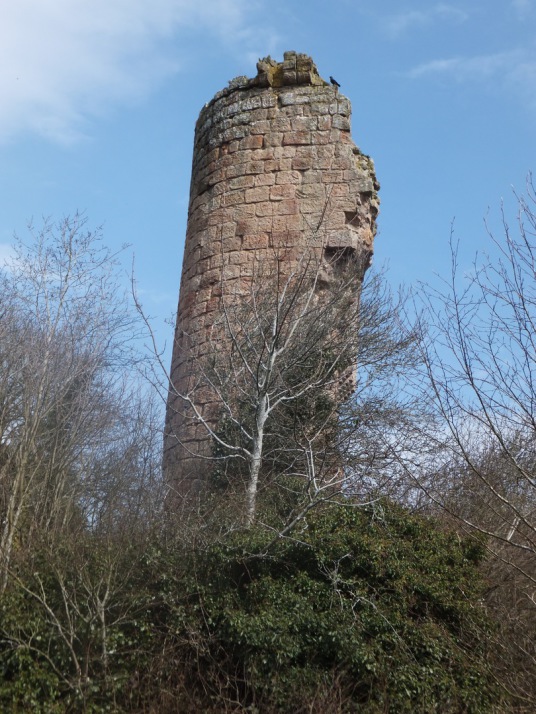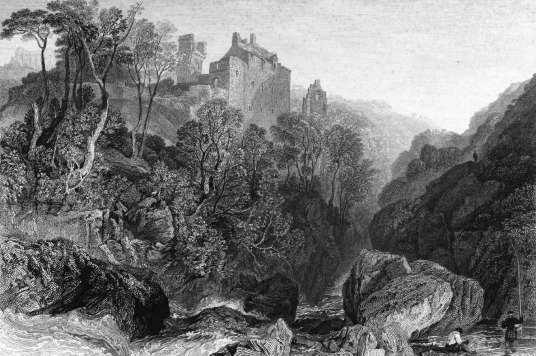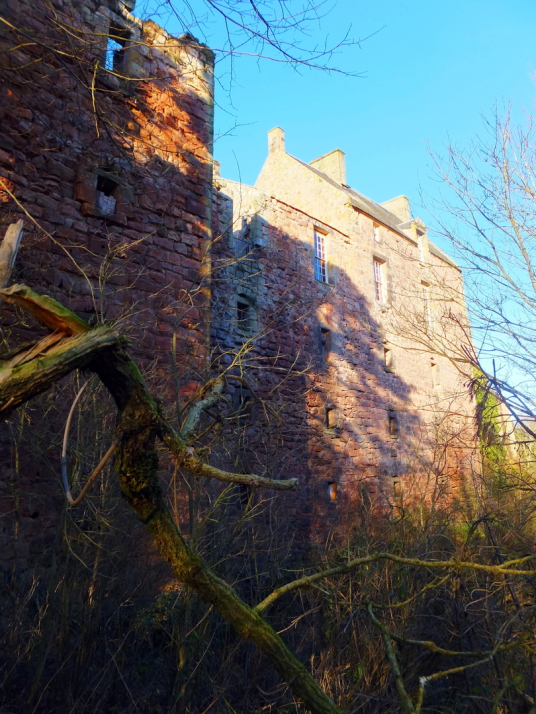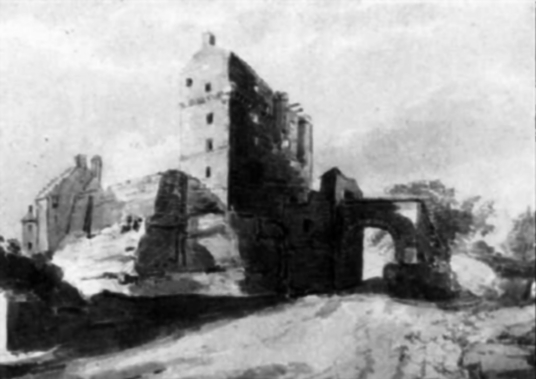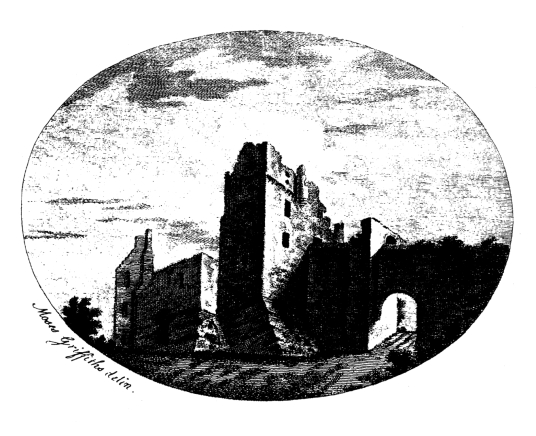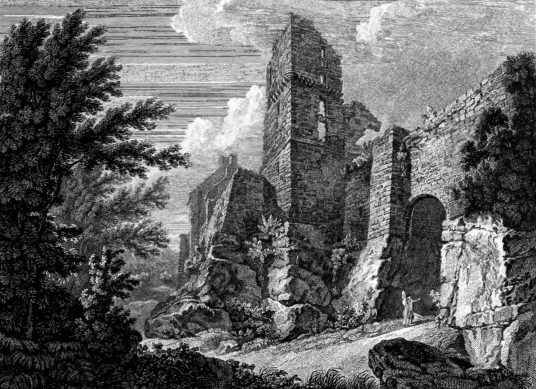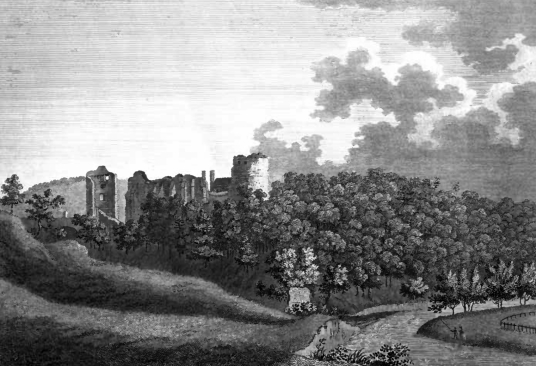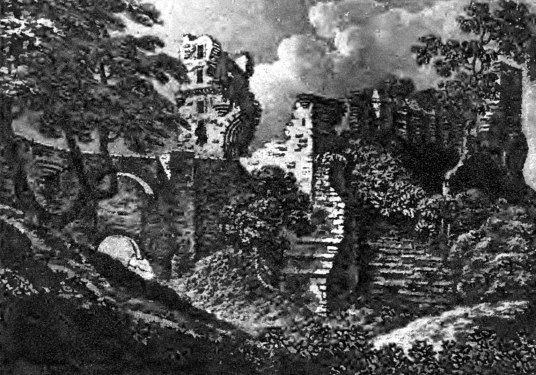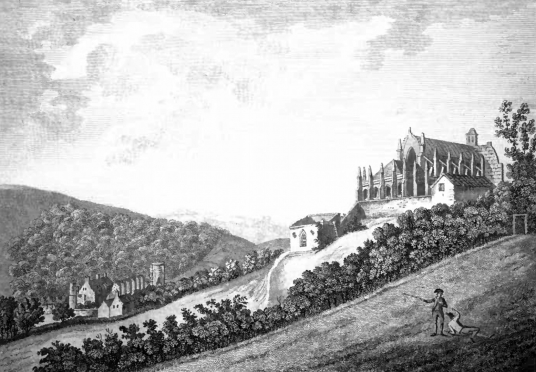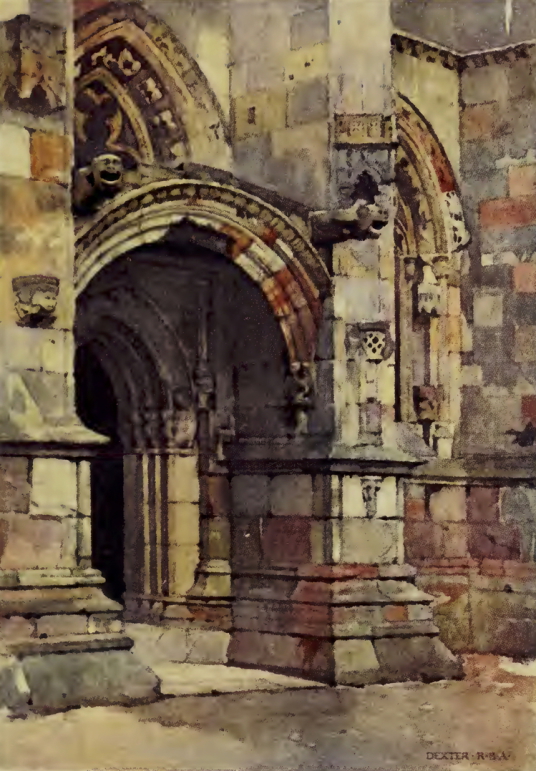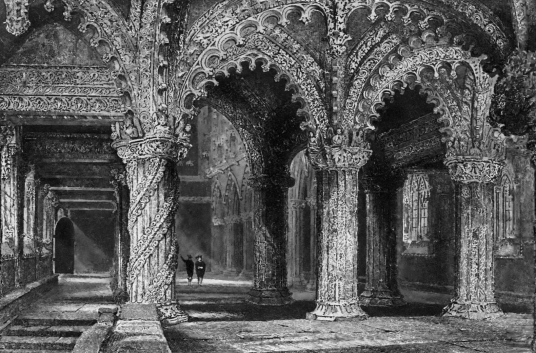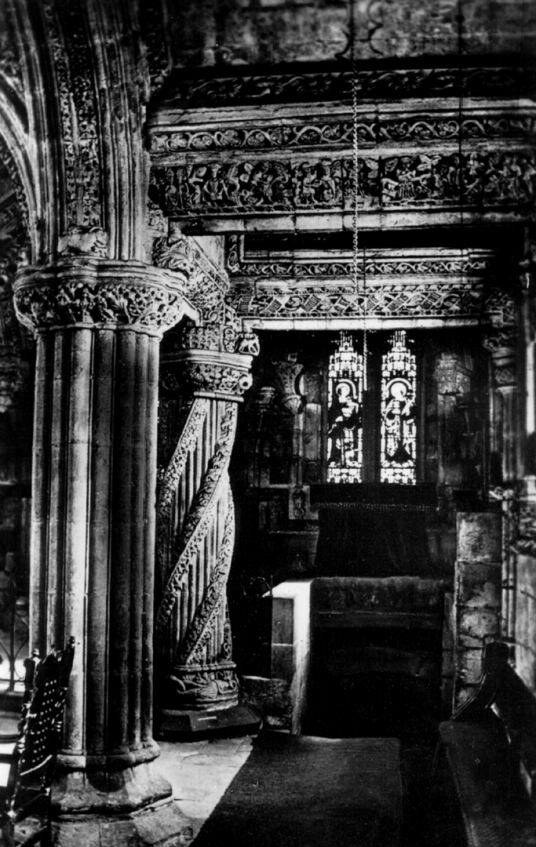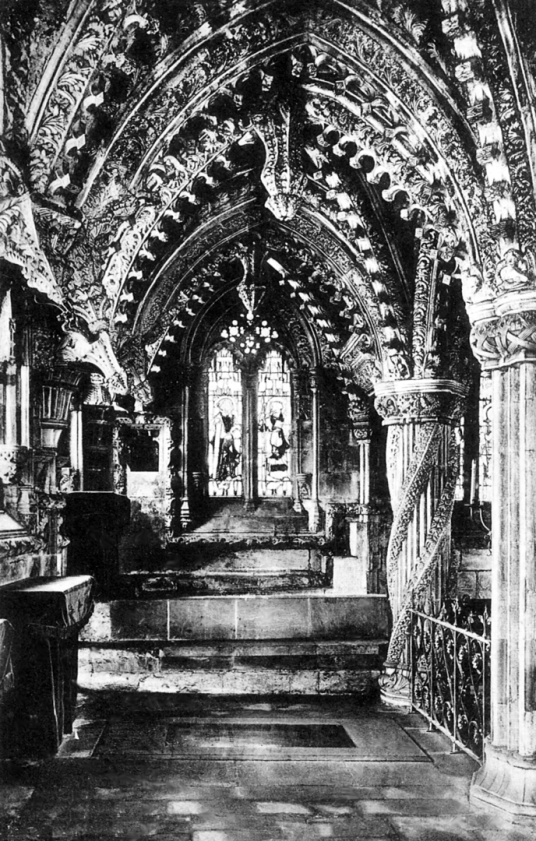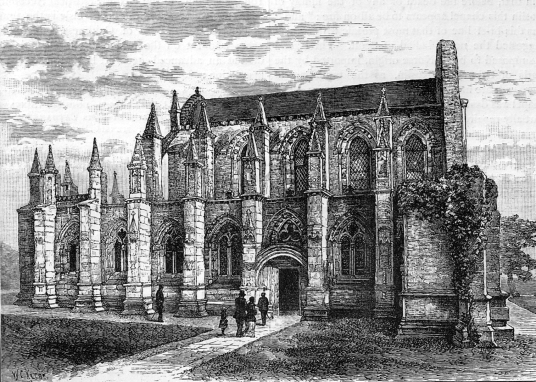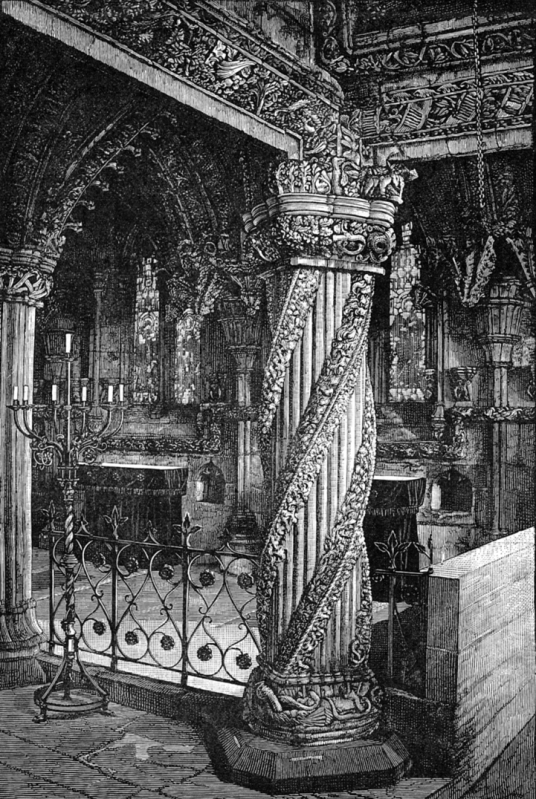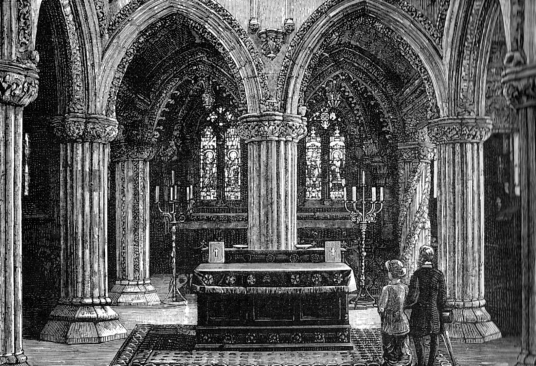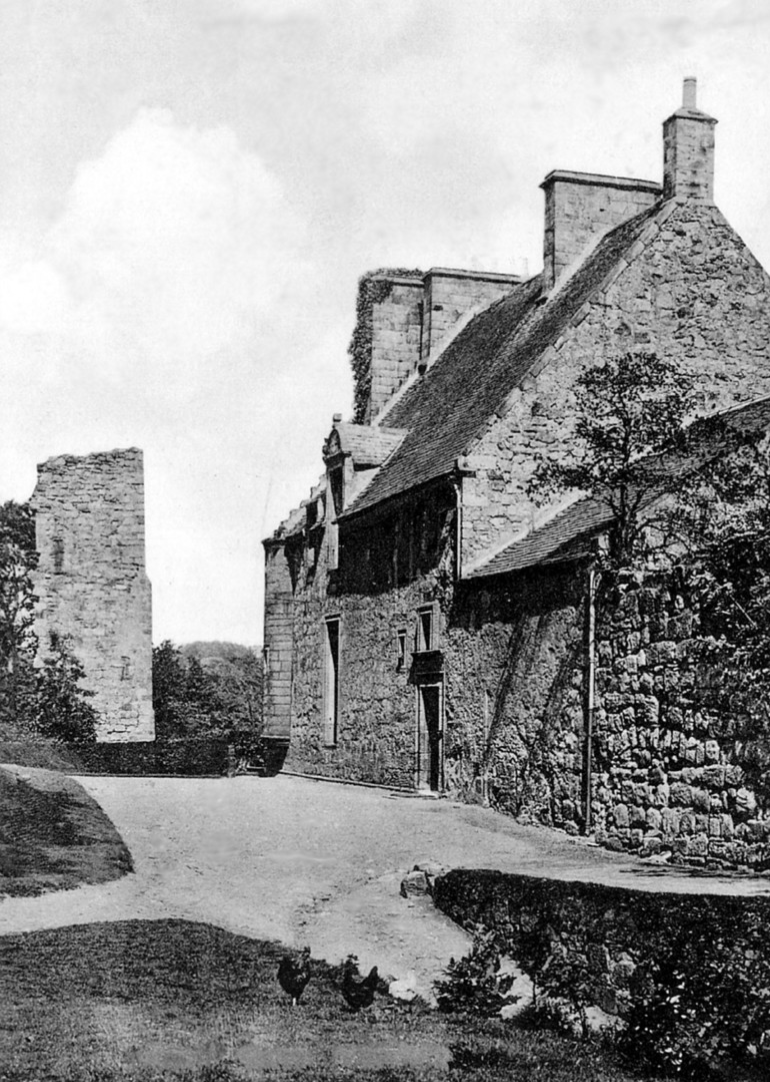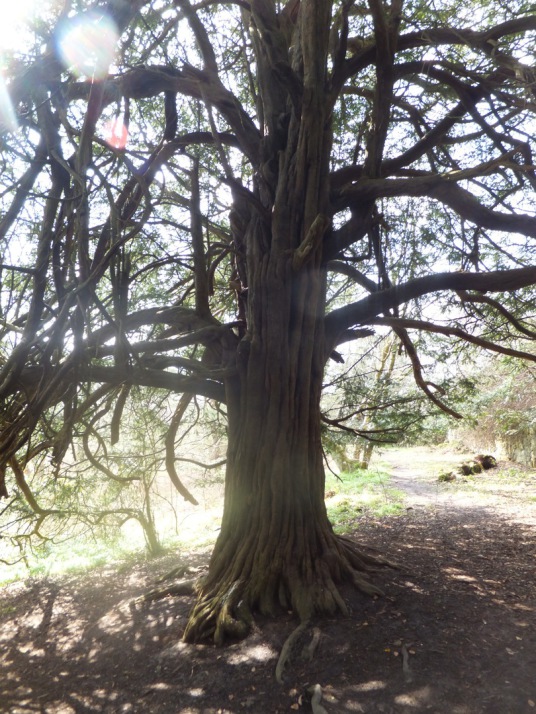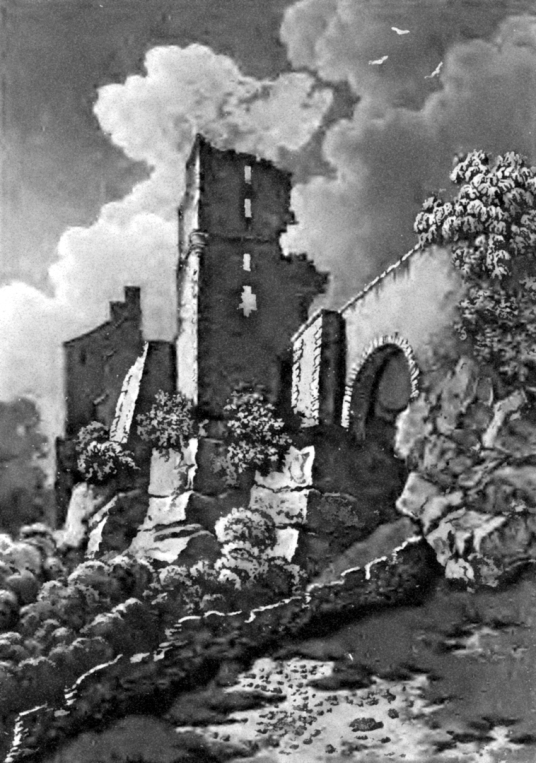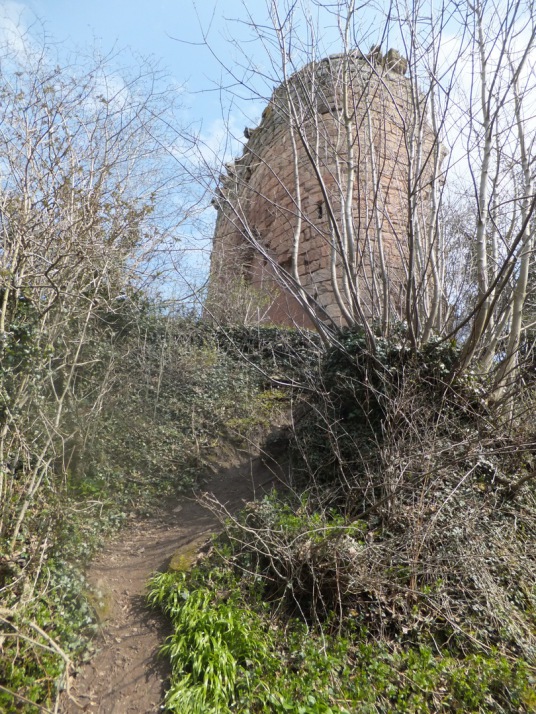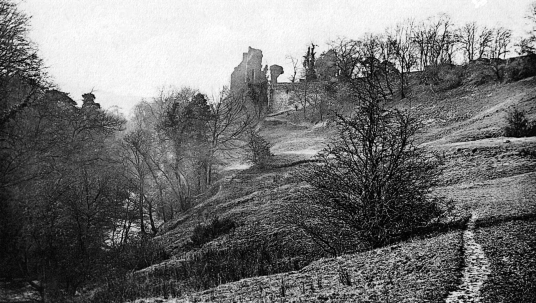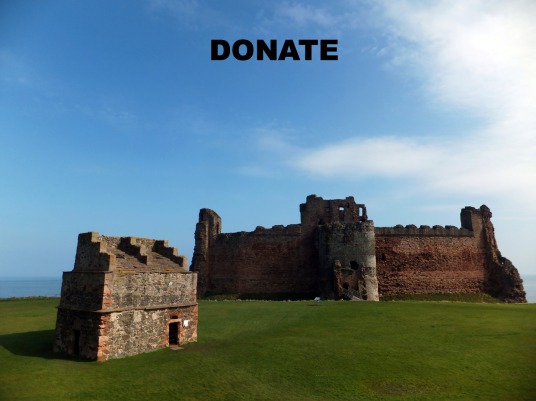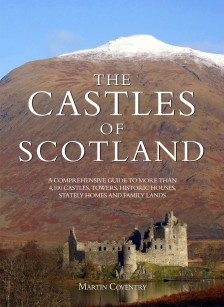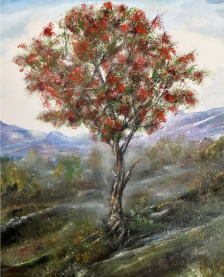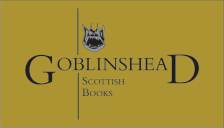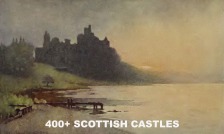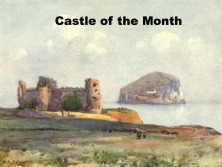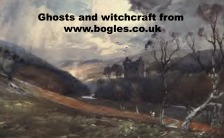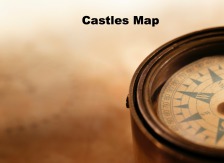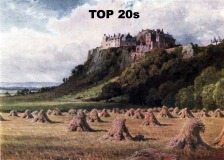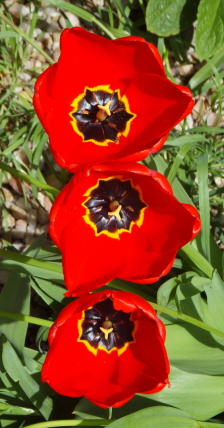–––––– Castle of the Month January 2019 ––––––
Roslin Castle
On a rock in a bend of the River North Esk in the wooded Roslin Glen near Loanhead in Midlothian, Roslin Castle is fantastic partly ruinous old stronghold, formerly a princely residence long held by the powerful Sinclair family, with a hugely impressive entrance over a tall bridge and the famous Rosslyn Chapel just a short walk away.
Lothians: About 2 miles south of Loanhead, 0.5 miles south east of Roslin village, on minor road south of B7006, at Roslin Castle, a short walk from Rosslyn Chapel.
NT 274628 OS: 66 EH25 9PU
OPEN: Accommodation is available in Roslin Castle through the Landmark Trust for holidays for up to seven people.
The ruinous part of the castle is accessible and there is carparking in Roslin Glen. Short but steep walk up to castle entrance or accessible from Rosslyn Chapel.
Web: Roslin Glen
The famous Rosslyn Chapel is a short walk away and is open to the public.
Checked 09/04/18
In an impressive position on a rock in a bend of the River North Esk in Roslin Glen, this was once a formidable and splendid fortress. Roslin (or Rosslyn) Castle consists of a ruined 14th-century rounded tower, altered and extended with ranges of buildings and towers in the 15th and 16th centuries, some of these complete.
It stands on a high bank, surrounded by the River Esk on three sides, and is defended by a wide rock-cut ditch on the only weak side, now approached over a high bridge, one of the most awe-inspiring castle entrances in Scotland. The tower and ranges of buildings were arranged around a courtyard.
A 16th-century block of five storeys, still mainly entire, is rectangular in plan, with a projecting square tower at one end. The walls are pierced by gunloops
The three lower floors each have four vaulted chambers, with another in the tower. The main block rooms are reached by a long corridor, and there is a wide scale-and-platt stair from the basement to the top floor. The block contains a kitchen, with a huge fireplace. The hall, on the third floor, has a finely carved fireplace, dated 1597. The third and fourth floors were altered in the 17th century, but have ornamental plaster ceilings. The lower floors are inaccessible because of pigeons.
A bridge once crossed the river by the castle, part of the arch of which is still visible, and around the atmospheric castle are old walls, an orchard, and an impressive large yew tree, said to be as much as 800 years old.
‘Roslyin’ is prominently marked on Blaeu’s map of The Lothians, and is depicted in a large enclosed and wooded park. The castle is shown on a hill with the ‘colledg’ to the north, and is called ‘Roslyn C.’.
Roslin was the main stronghold of the Sinclair Earls of Orkney and Lords of Shetland, who lived like princes.
They held the lands from 12th or 13th century, and during the Wars of Independence, an English army was heavily defeated by the Scots in 1303 near the castle. The Sinclairs fought for Bruce at Bannockburn in 1314, and Sir Henry Sinclair was one of the nobles to add his seal to the Declaration of Arbroath, while Sir William Sinclair, who probably built the tower, was one of the knights who set out on crusade with Robert the Bruce’s heart, and was killed fighting the Moors in Granada in 1330.
Henry Sinclair was made Earl of Orkney in 1379 by the King of Norway, and he conquered the Faroes, and discovered Greenland and probably the northern part of North America. The 2nd Earl, another Henry, was captured by the English at the Battle of Homildon Hill in 1402, and was Admiral of Scotland. The castle was accidentally burnt in 1452, and the Sinclairs were forced to resign the Earldom of Orkney and were given Ravenscraig in Fife in compensation, along with the Earldom of Caithness and Girnigoe Castle.
18th-century images of Roslin
The castle was sacked and torched by the Earl of Hertford in 1544, was visited by Mary, Queen of Scots, during a progress in 1563, and was attacked again in 1650 by Monck during Cromwell’s invasion of Scotland. A mob damaged it in 1688. The property passed by marriage to the St Clair-Erskines, who were made Earls of Rosslyn in 1802, still own the castle, and part of it is habitable, and can be rented through the Landmark Trust.
Rosslyn Chapel, intended as a Collegiate Church, was founded by William Sinclair (the spelling St Clair was rarely – if ever – used at this time), Earl of Orkney, in 1446, although work did not start for some years. The chapel is richly carved with Biblical stories, and has the largest number of ‘Green Men’ found in any medieval building. The crypt is pretty creepy, and in the burial vault below 10 of the Earls of Roslin and their kin lie, said to have been laid out in their armour without coffins.
Ghostly flames were said to be seen here when one of the Sinclairs was about to die. The chapel is also reputedly haunted by the ghost of the apprentice, who carved the famous Apprentice Pillar, and is said to have been murdered by his teacher. The chapel features in the Da Vinci Code by Dan Brown, and part of the movie with Tom Hanks was filmed at the chapel and at the castle in September 2005.
The spectre of a dog, killed with its English master after a battle in the glen in 1303, reputedly haunts the castle, and its howling has been reported. There are also stories of a spectre of a black knight on a black horse being seen in the glen. A great treasure is said to be buried within the old castle, and there is reputed to be a ‘White Lady’ who guards it. She can only be woken and the treasure found by blowing a trumpet when standing on the correct step of one of the staircases.
Roslin Glen is a very scenic area with the road running through the wooded valley of the River North Esk and with a series of walks through the glen. The glen was the site at one time of Scotland's largest gunpowder mill, then later a carpet factory, and at thatr time the river was quite polluted. The industry is gone and the glen is now home to many birds, such as kingfishers, dippers, bats, woodpeckers, buzzards and wildlife, including otters and badgers.
Drawing by Turner: www.tate.org.uk
Etching from 1789: www.britishmuseum.org
